Shadha Tabatabai
Exploration and Exploitation in Federated Learning to Exclude Clients with Poisoned Data
Apr 29, 2022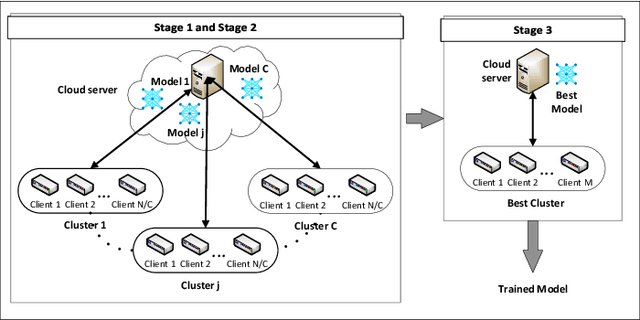
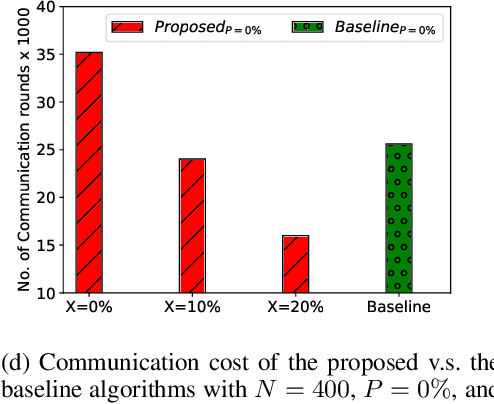
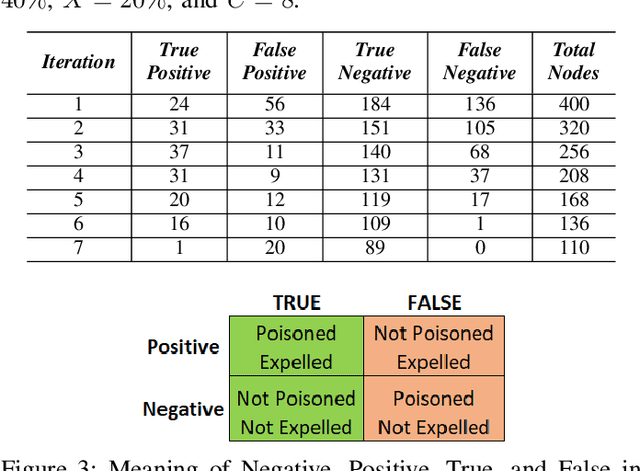
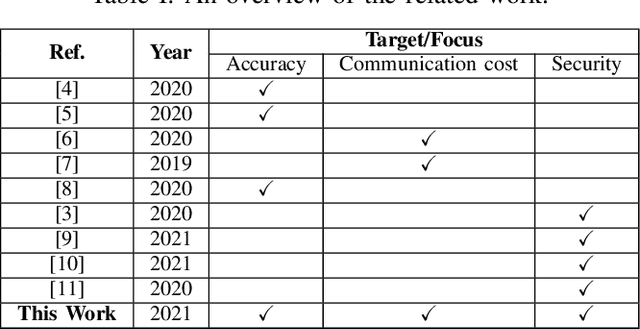
Abstract:Federated Learning (FL) is one of the hot research topics, and it utilizes Machine Learning (ML) in a distributed manner without directly accessing private data on clients. However, FL faces many challenges, including the difficulty to obtain high accuracy, high communication cost between clients and the server, and security attacks related to adversarial ML. To tackle these three challenges, we propose an FL algorithm inspired by evolutionary techniques. The proposed algorithm groups clients randomly in many clusters, each with a model selected randomly to explore the performance of different models. The clusters are then trained in a repetitive process where the worst performing cluster is removed in each iteration until one cluster remains. In each iteration, some clients are expelled from clusters either due to using poisoned data or low performance. The surviving clients are exploited in the next iteration. The remaining cluster with surviving clients is then used for training the best FL model (i.e., remaining FL model). Communication cost is reduced since fewer clients are used in the final training of the FL model. To evaluate the performance of the proposed algorithm, we conduct a number of experiments using FEMNIST dataset and compare the result against the random FL algorithm. The experimental results show that the proposed algorithm outperforms the baseline algorithm in terms of accuracy, communication cost, and security.
Budgeted Online Selection of Candidate IoT Clients to Participate in Federated Learning
Nov 16, 2020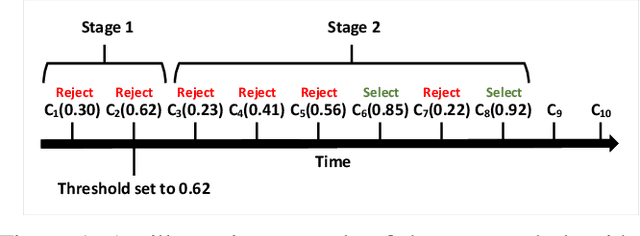
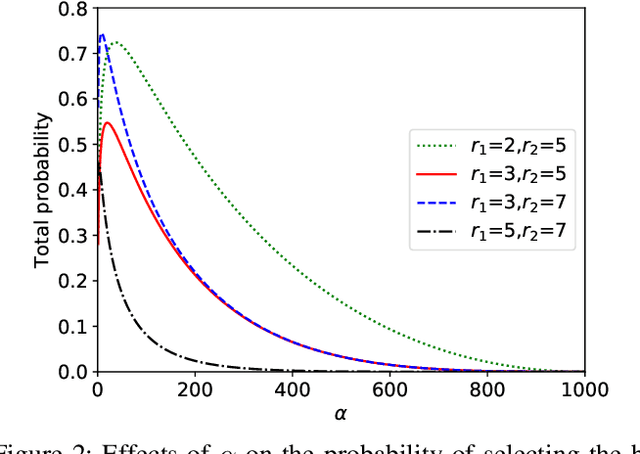
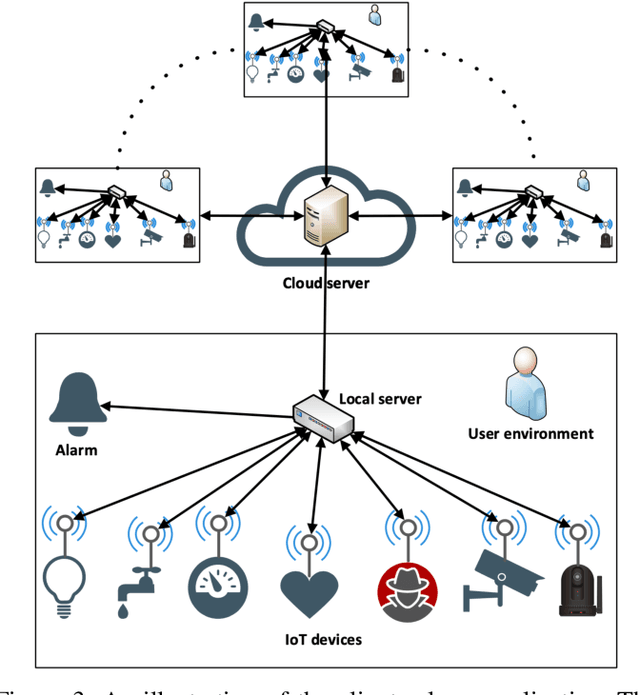

Abstract:Machine Learning (ML), and Deep Learning (DL) in particular, play a vital role in providing smart services to the industry. These techniques however suffer from privacy and security concerns since data is collected from clients and then stored and processed at a central location. Federated Learning (FL), an architecture in which model parameters are exchanged instead of client data, has been proposed as a solution to these concerns. Nevertheless, FL trains a global model by communicating with clients over communication rounds, which introduces more traffic on the network and increases the convergence time to the target accuracy. In this work, we solve the problem of optimizing accuracy in stateful FL with a budgeted number of candidate clients by selecting the best candidate clients in terms of test accuracy to participate in the training process. Next, we propose an online stateful FL heuristic to find the best candidate clients. Additionally, we propose an IoT client alarm application that utilizes the proposed heuristic in training a stateful FL global model based on IoT device type classification to alert clients about unauthorized IoT devices in their environment. To test the efficiency of the proposed online heuristic, we conduct several experiments using a real dataset and compare the results against state-of-the-art algorithms. Our results indicate that the proposed heuristic outperforms the online random algorithm with up to 27% gain in accuracy. Additionally, the performance of the proposed online heuristic is comparable to the performance of the best offline algorithm.
 Add to Chrome
Add to Chrome Add to Firefox
Add to Firefox Add to Edge
Add to Edge